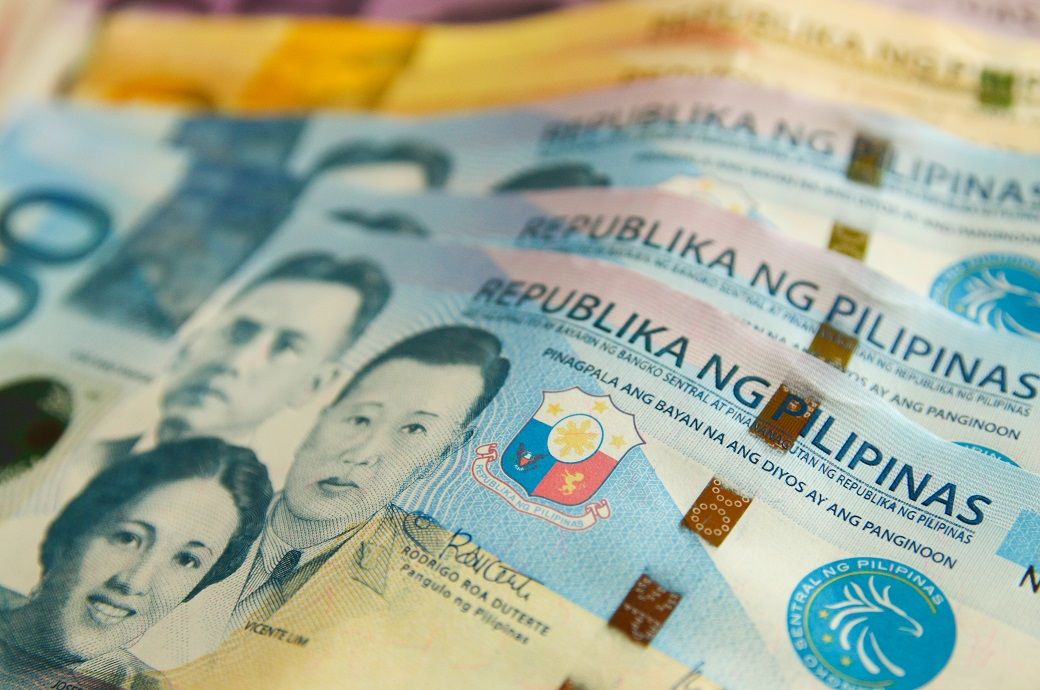
The expansion will be fuelled by traditional growth drivers like large public investment in infrastructure, services exports and remittance-funded private consumption.
Private demand should be supported by easing inflation and interest rates. However, domestic political uncertainty could affect investment, while global trade tensions will likely drag on growth, in particular indirectly through weaker global demand, the rating agency said.
The 'BBB' rating and a stable outlook reflect the country’s strong medium-term growth, which supports a gradual reduction in government debt to gross domestic product (GDP) ratio, and the large size of the economy relative to 'BBB' peers, Fitch said in a release.
The rating is constrained by low GDP per head, despite an upward trend. Governance standards are weaker than those of 'BBB' peers, though Fitch believes World Bank governance indicator (WBGI) scores somewhat overstate this.
The country has limited direct exposure to trade tensions. If the reciprocal tariffs announced by the United States in April come into effect, the relatively low tariff rate of 17 per cent applicable to the Philippines could be an advantage compared with regional peers.
The Philippines' terms of trade could benefit from lower commodity prices or diversion of Chinese exports, Fitch observed.
It still forecast real GDP growth to pick up to over 6 per cent in the medium term, more than double the projected 'BBB' median but broadly in line with the country’s growth in the decade before the COVID-19 pandemic.
Fitch Ratings expects the general government budget deficit to narrow to 3.6 per cent of GDP by 2026, after a Fitch-estimated 4.6 per cent in 2024 and a peak of 5.4 per cent in 2022.
The improvement will be driven mainly by spending efficiencies and improved tax collection, with limited new tax measures planned. This is consistent with a narrowing of the central government deficit to 4.9 per cent of GDP by 2026, marginally wider than the government's target.
Fitch believes risks are skewed towards slower consolidation, given the government's overriding focus on growth and a less permissive domestic political environment.
It projects general government debt to GDP ratio to remain broadly unchanged at 54-55 per cent over 2025 to 2026.
It expects consumer price inflation to remain around 2 per cent in 2025-26, at the lower bound of the central bank's target range.
ALCHEMPro News Desk (DS)
Receive daily prices and market insights straight to your inbox. Subscribe to AlchemPro Weekly!